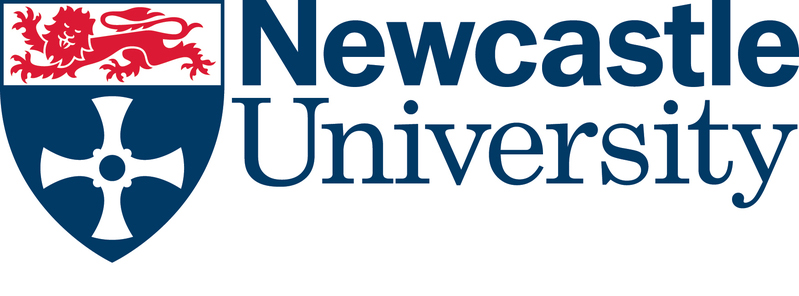Current Students
Thea Karagialidis
- Modern Languages and Cultures, Durham University
- Email: thea.karagialidis@dur.ac.uk
Translation plays a fundamental role in the transmission and acquisition of knowledge and technologies between cultures, influencing the development of many aspects of human societies. Translators act as mediators or “rewriters” of this complex process, both affecting and being affected by the reality around them. In my thesis, I examine the Japanese early modern era, that is, the eighteenth through the nineteenth century, which in Japanese periodisation corresponds to the latter half of Tokugawa period (1603-1868). From the point of view of European and American Translation studies, this particular period represents an outstanding translation environment, characterised by the multifaceted dynamics of the co-existence of old and new translative practices. This age paved the way to the process of radical “modernization” that the Japanese government undertook from the mid-nineteenth century onwards, and in which translation came to have a crucial function. Different practices of translation had been flourishing in Japan since the encounter and domestication of Chinese language; however, the linguistic landscape reached a higher point of complexity with the arrival of the Europeans. In my research, I focus on the influence that Chinese studies had on the work of the Japanese scholars of Dutch language and culture.
Supervisory Team: Dr Rebekah Clements, Modern Languages and Cultures (Durham), Dr Sergey Tyulenev, Modern Languages and Cultures (Durham), Prof. Gaye Rowley (Waseda).
Start Date: October 2016.








